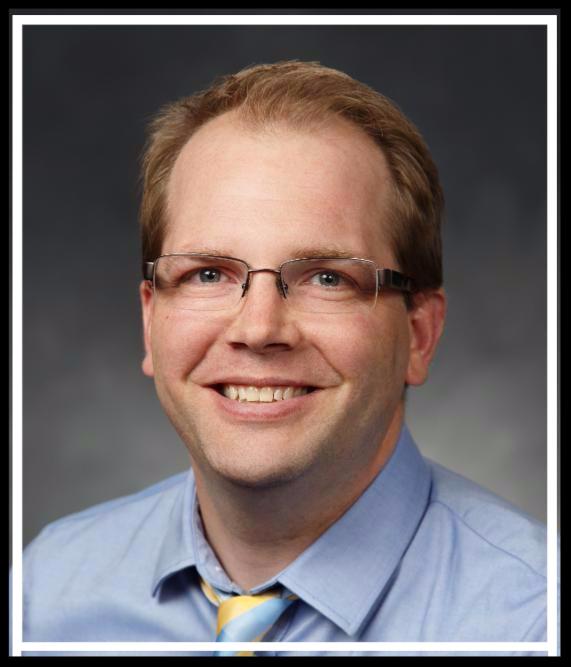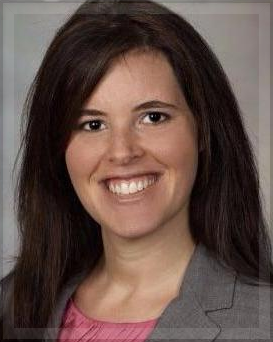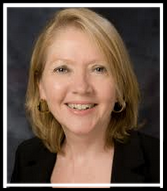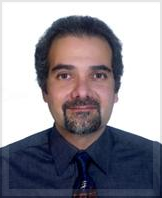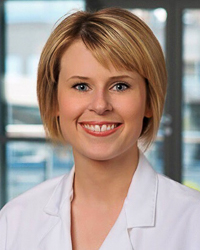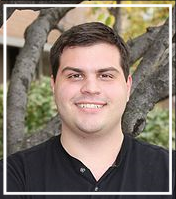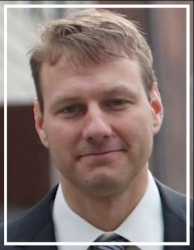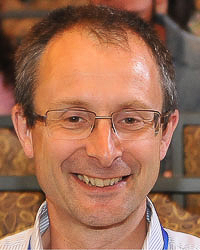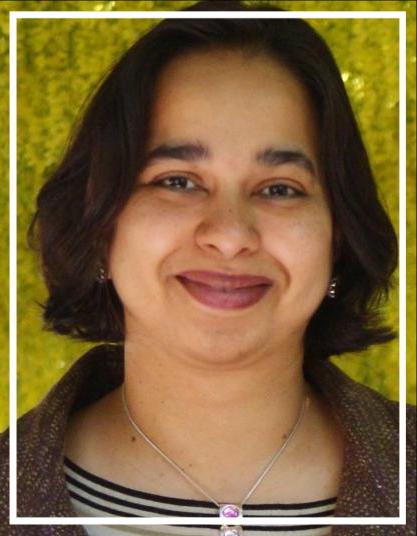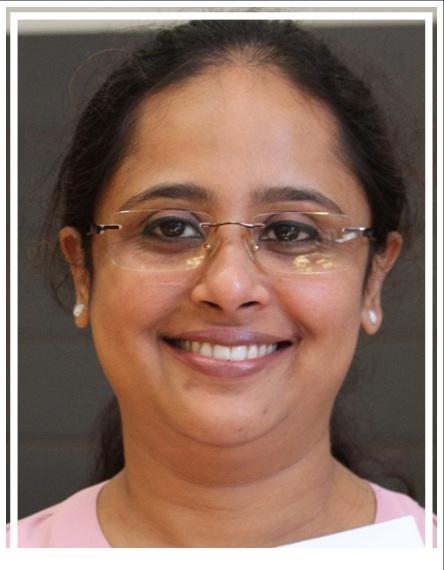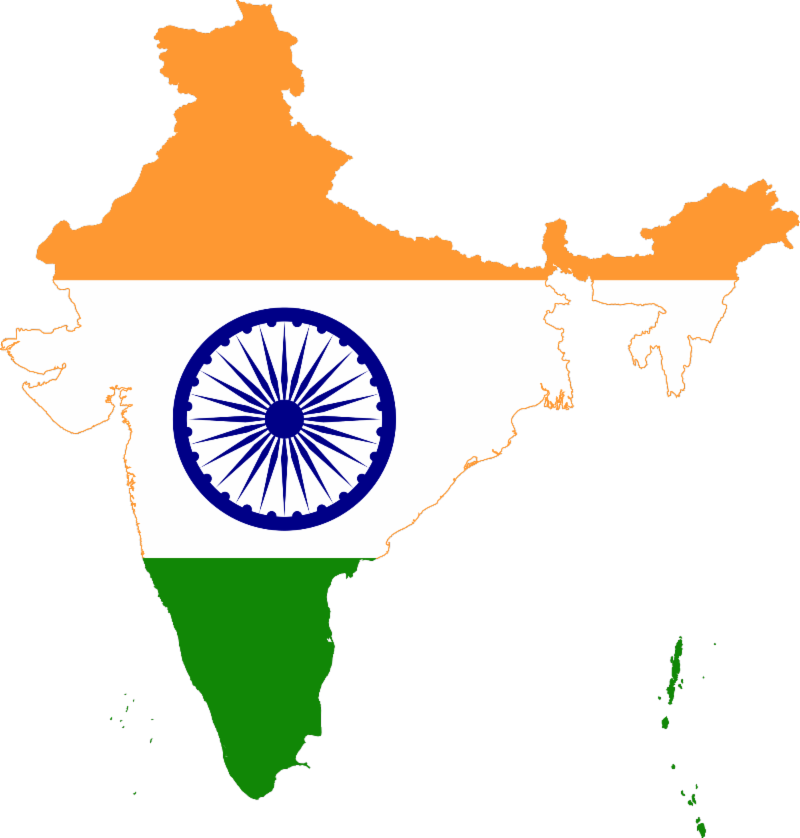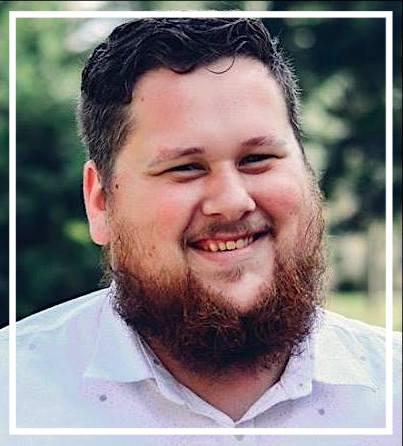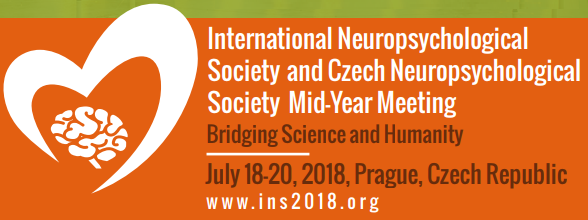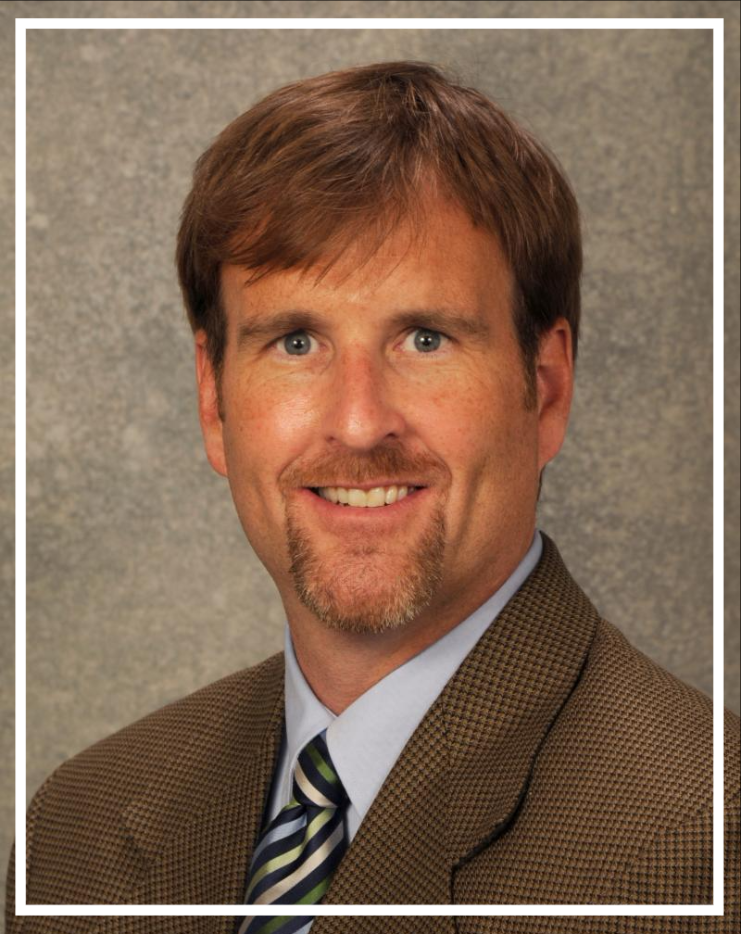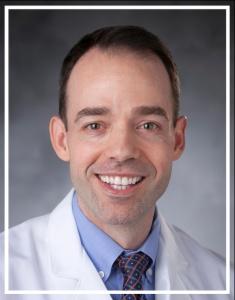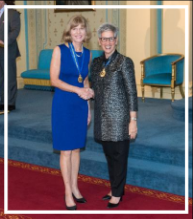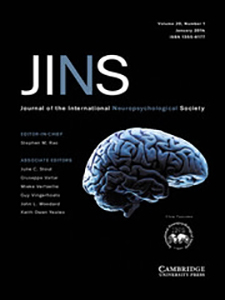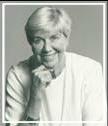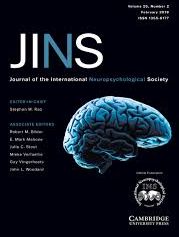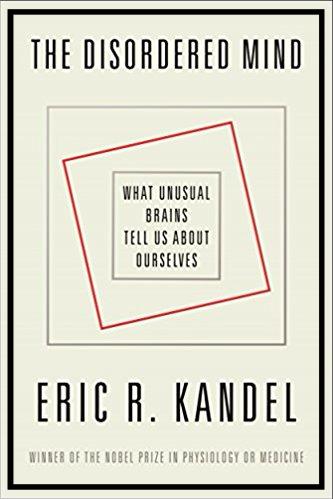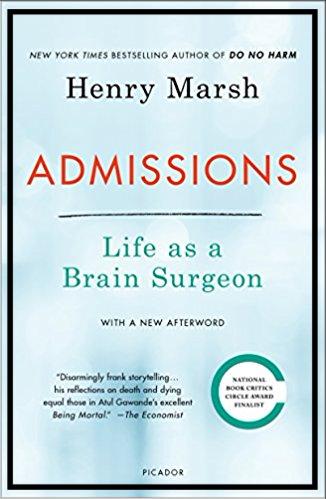INS Newsletter: Where the World Meets
International Neuropsychological Society
Member Newsletter – Spring 2018
It is our pleasure to bring the latest updates and information concerning papers, events, and resources that may be of interest to the members of our society. We hope that you were able to attend and enjoy the Washington, D.C. meeting and are able to take the time to peruse the articles and features of this spring newsletter. We continue to welcome your input concerning the contents of the newsletter and invite members to propose features for upcoming issues of the newsletter. Feel free to contact me at rfama@stanford.edu
Warmly,
Rosemary Fama, Editor, & INS Newsletter Editorial Team
Special Features
Science in Action: Dr. Jennifer Manly
Jennifer Manly, PhD
“Early educational experiences have downstream effects on later life health…including brain health,” says Dr. Manly, an Associate Professor of Neuropsychology in the Department of Neurology at the Gertrude H Sergievsky Center and the Taub Institute for Research in Aging and Alzheimer’s disease at Columbia University. Her work has focused on understanding racial differences in the evaluation of cognition and reducing disparities in cognitive aging and dementia.
INS Assistant Science Editor, Pamela Dean, recently interviewed Dr. Manly about her research. To read more about Dr. Manly’s interview, click
here. To go directly to Dr. Manly’s audio interview, click
here.
Clinical Case Series: Postoperative Amnesia
Since the early studies of Patient H.M., investigations of patients with epilepsy have taught us a great deal about how memory is organized in the brain as well as how aspects of memory are affected by seizures and by epilepsy surgery. They have also led to advances in medication and surgical interventions for treatment of epilepsy.
In the current case, a clinical epilepsy team provides an overview of the work up of Patient X, who underwent a right temporal lobectomy followed by MRI-guided thermal laser ablation. Although Patient X tolerated resective surgery of the right temporal lobe, he developed a global and severe anterograde amnesia following laser ablation of his right hypothalamic harmatoma.
These outcomes occurred despite studies suggesting that the latter intervention is shown to be associated with better cognitive outcomes. This unfortunate outcome highlights the importance of careful risk analysis and patient education in all procedures. To read more about this case, click
here.
International Feature: Neuropsychology in India
Neuropsychology Practice in India: An Online Survey
The INS is supporting the development of neuropsychology around the world through the Charles Matthews Fund. Following the Matthews-funded six-day workshop on Neuropsychological Rehabilitation held in Kolkata India in February this year, a survey of clinical neuropsychology practice in India was conducted. In this report, Farzana Mulla, Aparna Dutt and Jonathan Evans present the results of the survey, describing the current state of clinical neuropsychology practice in India and highlighting areas of need for further development.
You can read more by clicking
here.
Neuropsychology in India: An Appraisal
B.S. Virudhagirinathan, PhD, DSc in Neuropsychology, Chennai, Tamil Nadu, India
Ms. Amira Parveen, Faculty in Psychology, Chennai, Tamil Nadu, India
India is the seventh largest country by area and second largest by population in South Asia. It is a multilingual, multicultural and multi-ethnic country. The mental health problems in India are extremely complex due to its cultural and linguistic diversity. There is a lack of appropriate training and certification for clinical neuropsychologists and infrastructure facilities to treat these individuals. You can read more by clicking here
SLC News: Student Research Award Winners
As another INS North American meeting has come and gone, we are proud to announce the winners of the 2018 INS Annual Meeting’s SLC Student Research Award. These five abstracts were selected as the highest-rated from a competitive field of first-author student research. You can read the winning abstracts by clicking
here. Congratulations to:
Tatiana Karpouzian
Zinat Taiwo
Social Media Update: Latest Numbers
INS Social Media was busy during the 2018 North American meeting. We gained close to 50 new followers, and our official meeting hashtag was used over 200 times. Our tweets garnered nearly one million impressions across Twitter…now that is impressive! Also, for the first time ever INS debuted a Selfie Station. Our attendees had fun snapping photo selfies with mentors, colleagues, and friends. Even our vendors got in on the fun. Did you miss it this year? No worries! Be on the lookout for the return of the Selfie Station in 2019.
Want to submit something for @INSneuro? Just email it to the INS social media editor, but please note that all submissions are subject to review and verification before posting.
Meeting Announcement 2018 Mid-Year Meeting: Prague, Czech Republic
The INS 2018 Mid-Year Meeting in Prague is only months aways! Visit the INS Prague 2018 webpage, www.ins2018.org, for more details on easy registration, local accommodations, and the meeting’s inspiring scientific program.
Program Highlights
Presidential Address
Keith Yeates: What does the science of childhood brain disorders teach us about the evolution of the human social brain
Birch Lecture
Tomas Paus: Population Neuroscience of the Developing Brain
Keynote Speakers
Stephanie Clarke: Impact of cognitive science on neurorehabilitation
John-Dylan Haynes: What does neuroscience tell us about free will
Kathleen Welsh-Bohmer: Recent advances in AD diagnosis, treatment, and prevention
Invited Symposium
Tedd Judd (chair): Addressing Global Neuropsychological Disability
Continuing Education
Amy Heffelfinger: Preschool Neuropsychological Development, Assessment, and Cultural Considerations
Melissa Lamar: From neurons to neighborhoods: Bridging science and humanity in search for modifiable markers of aging and dementia
Bruce Hermann and Ivan Rektor: Advances in epilepsy treatment and understanding of neurobehavioral comorbidities
2019 North American Meeting: New York City, NY
Please join us for the 47th Annual INS Meeting, which will be hosted in New York City, February 20-23, 2019. The 2019 Meeting theme is: Embracing the Biopsychosocial Melting Pot, with Dr. Michael Kirkwood presiding as Program Chair.
Confirmed plenary speakers for 2019 include Drs. Paul Bloom, Tim Hohman, Judy Illes, Adrian Owen, Rebecca Saxe, Sandrine Thuret, and Keith Yeates. Be on the lookout for the call for abstracts, which will be announced in the near future.
2018 North American Meeting: Washington, DC
Now that all of our members have returned home, we wanted to take this opportunity to reflect on this year’s North American Meeting in Washington DC. Thank you for your support and attendance at this year’s 2018 North American meeting!
As the outgoing Program Chair, it was a pleasure to bring the scientific program to you. I do want to call attention to just a few highlights. First, don’t forget to check out meeting photos in an online slideshow
here.
This year included an exciting talk by Dr. V.S. Ramachandran on how single-case studies can help to accelerate scientific discovery and progress. There was also a well-attended session on cross-cultural neuropsychology with Drs. April Thames, Tedd Judd, Desiree Byrd, Jennifer Manly, and Monica Rivera-Mindt. Also, there were many well-deserved honors passed to members during the awards ceremony. Congratulations to the winners:
Anthony Stringer, Paul Satz Career Award
Laurel Buxbaum, Benton/Mid-Career Award
Marie-José Van Tol, Early Career Award |
Lauren Salminen, Nelson Butters Award
Karen Blackmon, Laird S. Cermak Award
Kaltra Dhima, Phillip M. Rennick Award |
Society Announcement
Member Recognition: Dr. Jennie Ponsford
In the Australian honors system, the Order of Australia is the highest recognition for outstanding achievement and service to the community by Australians from all walks of life. In 2017, Jennie Ponsford was appointed an Officer of the Order of Australia in recognition that her work has directly benefited the lives of many affected by brain injuries. She has a substantial corpus of research that shines a light on problems and potential solutions for rehabilitation after brain injury. Also instrumental in training clinicians better equipped to help treat brain injury, Jennie has been recognized for her role in putting Australia on the world stage as a leader in brain injury rehabilitation.
JINS Call for Papers: Special Issue
The Journal of the International Neuropsychological Society
invites submission for a special issue,
Resilience and Wellness after Pediatric Acquired Brain Injury, to be published in 2019. This special issue will present the other face of pediatric acquired brain injury through papers on positive psychological and medical indicators such as wellness, resilience, plasticity, and quality of life. Articles may cover acquired brain injuries such as traumatic brain injury, stroke, epilepsy, and tumors. Articles presenting theoretical and methodological approaches are encouraged, as are empirical articles on specific outcomes.
In Memorium: Anne-Lise Christensen
Anne-Lise Christensen, MA, Psychology, Adjunct Professor Emerita and former director of the Center for Brain Injury Rehabilitation at the University of Copenhagen, is dead. She was a central figure in Danish neuropsychology, having critical domestic and international significance for the development of holistic rehabilitation of persons with an acquired brain injury. You can read more about Anne-Lise Christensen
here.
Member Resources
INS Jobs Board: Position Announcements
Looking to start or change your career? Check out the
latest openings on our INS jobs page. This includes a listing of training and professional positions, and is updated on a continual basis to reflect the latest offerings.
Continuing Education Credits: JINS
Don’t miss the double issue of JINS published in late 2017 commemorating the 50th anniversary of the INS. Nineteen reviews, spanning the breadth of neuropsychology, were written by senior investigators tasked with identifying the key discoveries made over the past 25 years in their respective fields. Good news – CE credits for reading this and other JINS special issues (Physical Activity and Brain Plasticity, Human Brain Connectivity, Motor Cognition, and Prediction) are now back online! A JINS special issue on Neurodevelopmental Disorders will be published in mid-2018.
Click here for more!
Books: New & Noteworthy
The INS team is always on the lookout for new and interesting books that may be of interest to our membership. We have listed a few new and noteworthy releases below. Please note: Inclusion in the INS newsletter does not constitute an official endorsement of any of the following publications.
The Disordered Mind
©2018; Farrar, Straus, & Giroux
Nobel Prize recipient Dr. Eric Kandel, PhD, investigates what brain disorders truly reveal about our own human nature. He poses one of the most fundamental of questions: how does our mind, our individual sense of self, arise from the physical matter of the brain? And what happens when any of our 86 billion neuronal connections goes awry?
Admissions: Life as a Brain Surgeon
©2018; Picador
Neurosurgeon Henry Marsh, MD, studied at the Royal Free Hospital in London, was appointed a Fellow of the Royal College of Surgeons in 1984, and was named lead Neurosurgeon at Atkinson Morley’s and St George’s Hospital in London in 1987. He has been the subject of two documentary films. Admissions is an introspective and reflective follow-up to his first novel Do No Harm.
Finding Einstein’s Brain
©2018; Rutgers University Press
Albert Einstein remains the quintessential icon of modern genius. Removed and preserved following his death in 1955, his brain was never fully or systematically studied – and some of its sections are even mysteriously unaccounted for. In this captivating tale, Frederick Lepore delves into the elusive afterlife of Albert Einstein’s brain, the controversy surrounding its use, and what its study represents for brain research.


